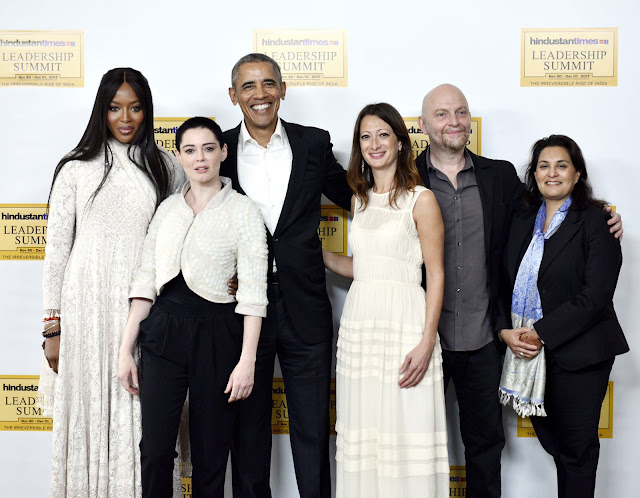The humble mushroom: a lifeline for besieged Syrians
Around one million Syrians are currently trapped in besieged areas of the country. Aside from the constant fear of shelling, these people also face the daily fight against malnutrition and starvation, as their communities are being strangled by a lack of access to basic sustenance. If food does become available, the cost is unrealistically inflated and thus unaffordable to communities with little means of income.
Faced with this situation, it’s easy to assume that these war-affected communities depend on external aid – which is certainly what the news might lead you to believe. But this is usually far from the truth. Firstly, they are living in hard to reach places. So faced with desperation, a community’s foremost concern is survival, and during war it is typically their own ability to be resourceful that separates life from death.
So when a young man in the besieged Eastern Al Ghouta region stumbled across a random cluster of mushrooms growing in their locality, it led him to look into the truth behind the age-old Syrian saying that “mushrooms are a poor-man’s meat”. He found that they have serious nutritional benefits: they contain the highest protein levels of any vegetable, and when they are dried they offer an equivalent amount of protein as veal. They also contain antioxidants, energizing B vitamins, copper and selenium. Crucially, he also learned that mushrooms are low maintenance and grow quickly.
As the Eastern Al Ghouta region was not known for mushroom growing, it was important to find the ideal way to grow mushrooms to feed more people. So he spoke to a local Syrian organisation called Ghiras Al Nahda (which translates roughly to “Plants of Renaissance”) and together they spent 18 months testing different types of mushroom to establish how viable growing them in the area would be. They tested different growing methods and different climates, to establish what would work best, and eventually drew some good conclusions. Putting their findings to work, they started growing edible mushrooms in mini-allotments based in people’s homes. The result has been that over 1000 people in the besieged community have since benefited from improved nutrition.
But this number is small relative to the numbers of people residing in besieged areas. And Ghiras Al Nahda wants to build on the success, and spread a culture of self-sustainability by providing more people with access to mushrooms in their daily diet. They plan to do this by first training around 60 unemployed men and women, and around 75 school teachers to grow mushrooms in their own mini-allotments at home - so they can start to provide sustenance for their family and neighbours.
Local humanitarians need support
A project such a Ghiras Al Nahda’s is just one of endless examples of the inspirational work that local humanitarians do to save lives and reduce suffering in their local war-affected communities. Their efforts are the subject of much debate in the international community: many big organisations (including the UN) have concluded that restructuring international humanitarian aid, by providing a more localised response to war, is much-needed.
The current system fails to recognise the expertise and contextual knowledge of local people. It is a system that takes a one-size fits all approach to aid delivery - rather than listening to what is really needed at any given time - and is paralysing the efforts of local people trying to help themselves. Local humanitarian organisations such as Ghiras Al Nahda are not getting the resources they so desperately need, and hundreds of thousands of people are left with no access to basic health services as a consequence.
Despite the frustration and lack of resource, local humanitarians in Syria continue to be the first to respond to the needs of communities – finding creative ways to encourage a culture of independence rather than aid dependency. These local humanitarians are also in a unique position, boasting solid and trustworthy networks within their communities. Needless to say, their activities avoid feeding the war economy, or profiteering through smuggling and bribery for example.
UPDATE: Support the Ghiras campaign here.



Comments
Post a Comment